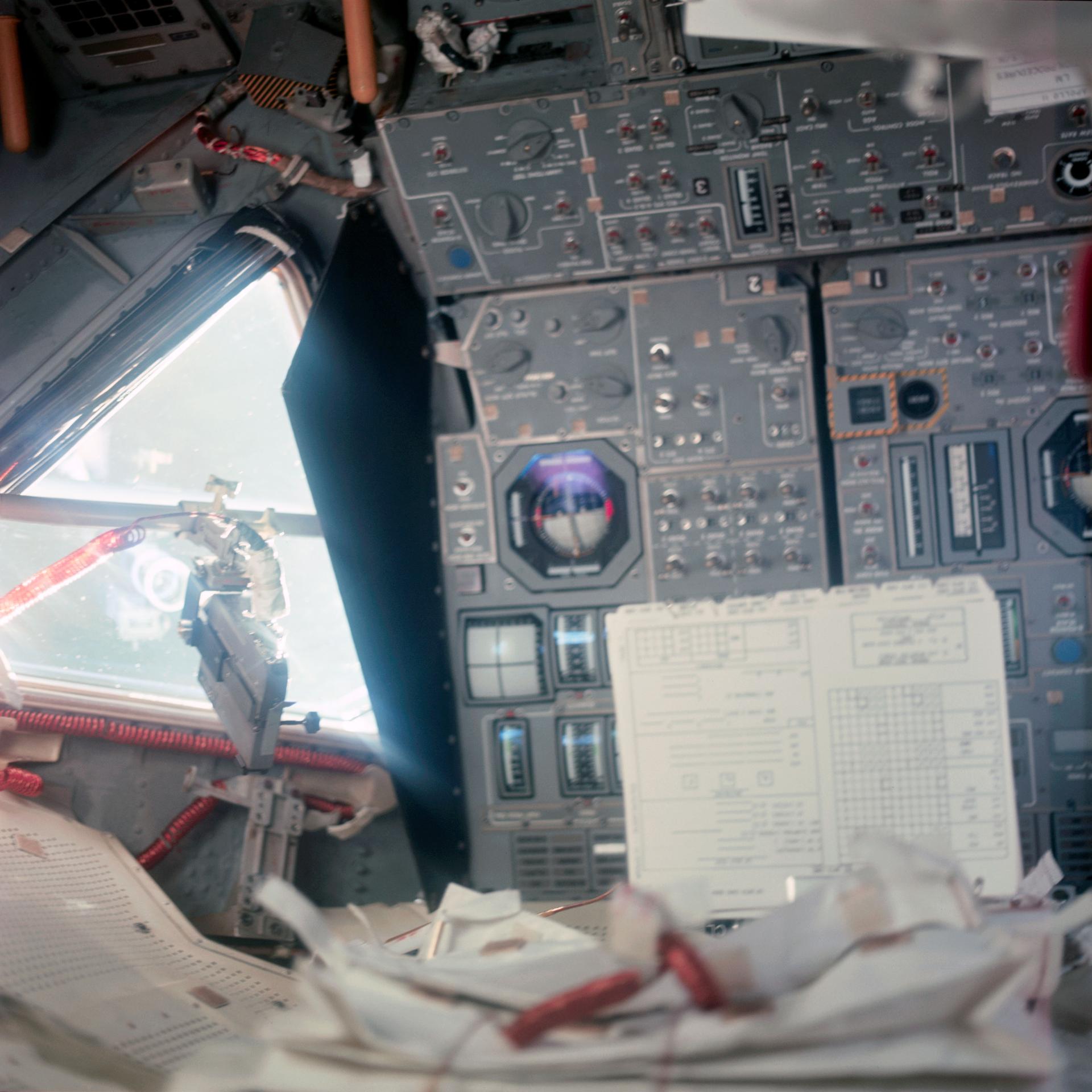How the Granular Material Attachment Protects CR-400 and CM-700D Color Measurement Instruments
Looking here at two of our color measurement instruments – the CM-700D spectrophotometer and the CR-400/410 colorimeter – we’ll talk about an attachment that’s available for these models that will protect them from damage when they’re used to measure small particle samples. We’ve designed many protective devices for our measuring instruments because they’re ultra-sensitive to outside substances. These substances can cause them to perform poorly and return inaccurate results. Today we’ll learn about the granular material attachment and see how it benefits certain color measurement projects.
The granular material attachment works with all the instruments in our CR-400 & CR-410 colorimeter series and also with the CM-700D spectrophotometer. This attachment is an excellent tool to provide consistent sample presentation to the instrument. It will work on paste samples such as mayonnaise, salad dressings and dips; granular samples like coffee, powdered milk, spices, flour and other fine powders.
The attachment is easy to use in color measurement tasks, and it protects the instrument from damage. Often, users will want to take direct measurements of a sample. However, measuring this way is not recommended and can cause pieces of the sample to get into the measuring head, resulting in both damage and inaccurate measurement results.
We’ve designed the granular material attachment to not only protect the instrument during use but also to provide users with sample presentation and preparation that is perfectly consistent from one read to the next. The attachment has four parts: a collar, a low-reflectance glass, a cap and a ring. The glass should be cleaned regularly with a mild detergent, because any smudges could introduce a variable into the reading, causing the instrument to return inaccurate results. The ring is placed on top of the glass inside the collar, then the substance to be measured can be tapped into the opening in the right so that it makes direct contact with the glass. The consistency of the sample will determine which measuring instrument should be used to measure it.
After the space within the ring is full, you should gently tap the attachment on a solid surface to release any air bubbles and provide a consistent sample for the instrument. Then attach the cap, turn the attachment over, put the measuring end of the device against the attachment, and push the measure button. If over time, the glass or the ring are damaged, replacement parts are available. You can watch a color measurement video here that demonstrates how this attachment is used.
Konica Minolta Sensing’s spectrophotometers and colorimeters provide the most accurate color measurement available. In the example above, we saw how they work in conjunction with the granular material attachment to measure various food and drink items such as mayonnaise, coffee and spices. But that’s just the start of how these instruments are used in the food industry.
Both the CM-700D and the CM-400/410 are excellent choices for measuring the color of a very wide variety of foods and beverages. This is important because manufacturers want their food products to adhere to strict color standards. For example, one brand of a chocolate snack cake should always have the same dark-brown shade, otherwise, consumers may think the product is tainted or spoiled.
Spectrophotometers and colorimeters help food manufacturers in their branding efforts by perfectly controlling quality in color and appearance. Each model of these instruments has its own unique ideal uses, depending on the substance to be measured.
Konica Minolta Sensing would be happy to tell you more about our advanced color measurement instruments and how they can be excellent tools in all your color measurement projects. Just contact us through our website: https://sensing.konicaminolta.us/us/contact-us/











